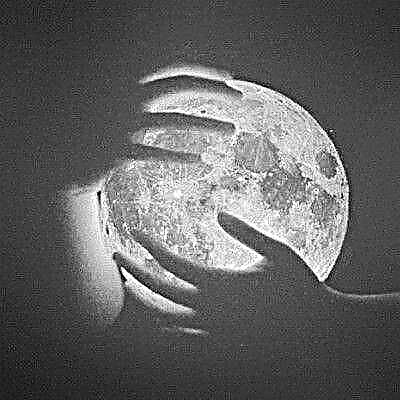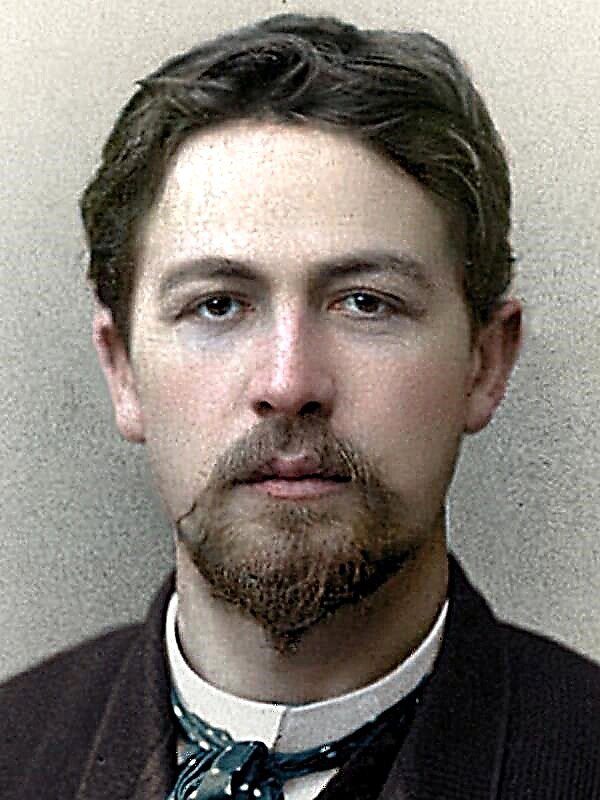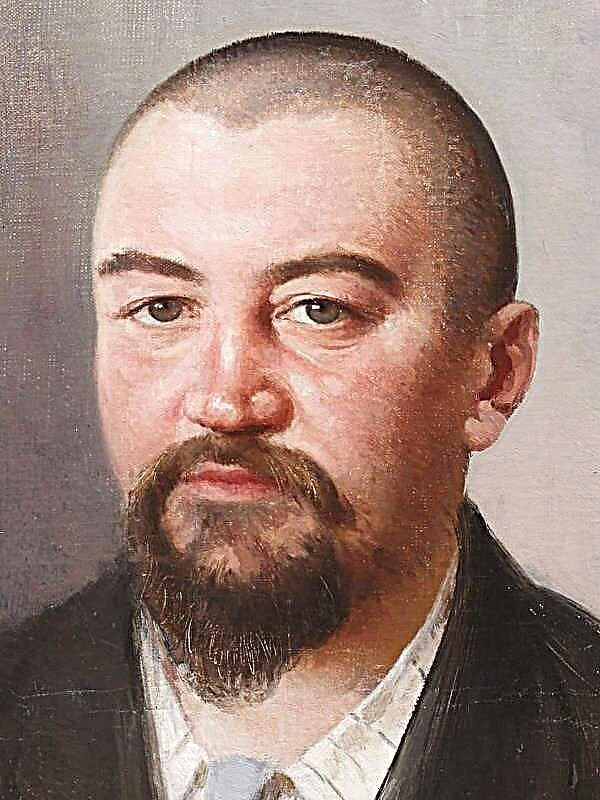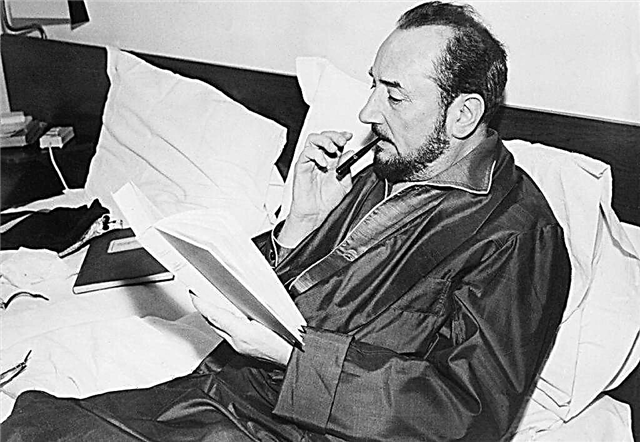Steppe Wolf is an outpatient Hesse card. In a frank, almost confessional book, the author entrusts his mental illnesses to paper. From his biography it is known that he suffered from a painful break with the society of his time, even with all his time. Choking misanthropy gripped him, tormented by flashes of aggression, followed by apathy and melancholy. In every person, he physically felt vulgarity, philistine narrow-mindedness, meekness and a stereotypical desire to please - like a garden gnome in a souvenir shop. At the same time, he was too intelligent to be angry or express his accusatory remarks. You can blame his hero, but not the author himself. It was the desire to throw out his negativity that inspired the creator of the Steppe Wolf.
In the novel, we find many references to the theory of psychoanalysis of Freud and the works of his follower, Karl Jung, who treated Hesse and advised him on sublimation - redirecting negative energy into a creative channel. The patient decided to describe in detail what tormented him throughout his life. In his hero, we recognize the same thin, vulnerable and intelligent man, forced to live in discord with the outside world, implacable in his confrontation with him. He is absorbed only in the intellectual component of life, in his library you can find the most famous examples of romanticism, for example, Novalis, whose “blue flower” is sought and not found by the Steppe Wolf. Longing for the ideal, which has become a painful reaction to the aggressive environment of our time, has grown into a complete rejection of reality. But the hero is still drawn to people. So, he finds rest in the petty bourgeois purity, furnished with flowers, where the mistress of rented housing lives. He realizes that he even likes her calm, confident, and white-scraped atmosphere. She reminds him of the family, of his childhood, when he was still a boy and did not know the mental anguish. He is attracted by a new acquaintance, a lady of easy virtue. In it, the wolf sees the spirit of the new time sweeping away everything in its path. He tries to comprehend it: he listens to jazz, goes to public places of a new type - those same vulgar and vulgar cafes. If there he tries to find a corner, then visiting a pundit, struck by the same philistine averaging, he loses control of himself. This means that he hates the cloying smugness of the "educated" person, his attempt to excel due to his position. The reason for his disgust is that the tradesman in science is drawn, and ordinary ordinary people accept and show themselves as they are. Why did the intellectual so gang up on his brother? Scholarship is related to him, and nothing to the landlady. In the end, the majority of "wise men" are more or less snobs. However, according to the author’s plan, the proud owner of Goethe’s bust is the hero’s double, Hesse concentrated in him what irritates the Steppe Wolf most of all. He is afraid of becoming the same well-fed and arrogant parasite on the body of science, therefore he gnaws at himself, struggles with what the other person would cherish and encourage. A sharpened conscience is another trait that exacerbates the position of the prosaic "I" of Hesse.
The writer was cured. Having completed his monumental work, tearing out a piece of meat promised to Shylock, he restored harmony with the outside world and the people who inhabited it. We do not know whether Jung's genius saved an outstanding writer and philosopher, or a mysterious sublimation, which has left documentary evidence for itself. However, Hesse was definitely able to rise above the disease and defeat it with the only weapon available to him - the creative power of the Creator.












